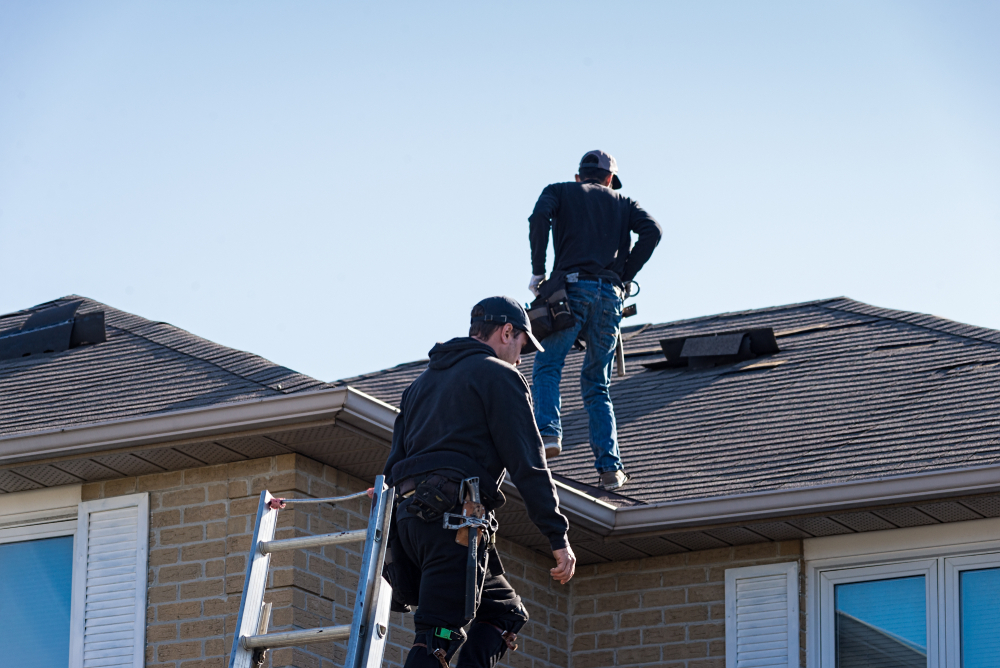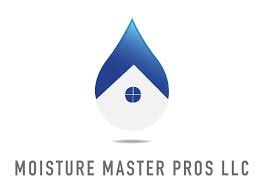
An exterior inspection of the roof is a crucial aspect of home maintenance, as it helps identify potential issues and ensures the roof’s structural integrity and longevity. Regular inspections are essential to catch problems early on, preventing costly repairs and water damage to the interior of the house.
What are being inspected in my Exterior Roof?
- Roof Material: The first step is to determine the type of roofing material used. Common roofing materials include asphalt shingles, metal, tile, wood shakes, or slate. Different materials have unique maintenance requirements and potential issues to look out for.
- Shingles and Tiles: Inspect the shingles or tiles for signs of damage, such as cracks, curling, missing pieces, or loose fasteners. Damaged or missing shingles can lead to leaks and water infiltration.
- Flashing: Examine the flashing around chimneys, vents, and other roof penetrations. Flashing helps prevent water from seeping into the roof joints. Damaged or poorly installed flashing can cause leaks.
- Gutters and Downspouts: Check the gutters and downspouts for debris, clogs, or sagging. Properly functioning gutters direct rainwater away from the roof and the foundation of the house, reducing the risk of water damage.
- Eaves and Soffits: Inspect the eaves and soffits for signs of water damage, rot, or pest infestations. Proper ventilation in these areas is essential to prevent moisture buildup.
- Chimney and Vents: Check the chimney and any roof vents for signs of damage or deterioration. Damaged components can lead to leaks and compromise the roof’s overall integrity.
- Moss and Algae: Look for any moss, algae, or fungal growth on the roof surface. While these may not cause immediate damage, they can retain moisture and degrade roofing materials over time.
- Cracks and Gaps: Examine the roof surface for cracks, gaps, or splits in the roofing material. These can allow water to penetrate and cause leaks.
- Sagging and Uneven Areas: Inspect the roof for any sagging or uneven areas, as they may indicate structural issues that need immediate attention.
- Overall Roof Condition: Assess the overall condition of the roof and identify any areas that require repairs or maintenance.
What you should do during the inspection?

- Bring along a flashlight and a pair of binoculars, so that they can inspect the roof from the ground. They should look for any signs of damage or wear that may be hidden by foliage or by being unable to reach certain areas of the roof.
- Take pictures of any areas of concern, so that they can refer to them later and see if the issue has been resolved or if further attention is needed.
- Ask questions of the inspector and make sure that any areas of concern have been fully examined and are clearly identified.
- Use the information that is provided in the inspection report to determine the next steps, such as making any necessary repairs or contacting a professional roofer for further advice.
- Be aware that the inspection is an opportunity to identify potential issues and plan for their resolution, rather than a guarantee that every issue will be identified and resolved in a single visit.
- Keep in mind that the inspector is a professional and their recommendations should be given careful consideration. However, the client may also want to consult with a roofer or contractor to get additional opinions on any issues that are identified.
After conducting the inspection, homeowners should address any identified issues promptly. For complex problems or when unsure about the inspection results, it’s best to seek the expertise of a professional roofing contractor. Regular roof inspections, ideally done annually or after severe weather events, can help maintain a healthy roof and extend its lifespan, providing protection for the entire home.
Why should you choose Moisture Master Pros?

- Expertise and Experience: A reputable company or professional specializing in roof inspections will have the necessary expertise and experience to identify potential issues accurately. They will know what to look for and how to assess the condition of various roofing materials.
- Safety Measures: Roof inspections can be dangerous, especially for individuals without proper training and equipment. A professional roof inspector will have the necessary safety measures in place to conduct the inspection safely.
- Thoroughness: Professionals are trained to conduct comprehensive inspections, checking not only the roof’s exterior but also its components, flashings, gutters, and other relevant areas. Their attention to detail ensures that no potential problems are overlooked.
- Reliable Recommendations: A reputable inspector will provide honest and reliable recommendations based on their findings. They will suggest necessary repairs or maintenance, helping you address any issues before they escalate.
- Documentation: A professional inspection will typically include a detailed report with photographs and descriptions of the roof’s condition. This documentation can be valuable for insurance purposes, selling a property, or tracking the roof’s maintenance history.
- Code Compliance: A knowledgeable inspector will be familiar with local building codes and regulations related to roofing. This ensures that your roof is in compliance with the necessary standards.
- Access to Equipment: Professional inspectors will have access to specialized tools and equipment to perform a thorough assessment of the roof’s condition.
- Time and Convenience: Hiring a professional saves you time and effort. They will efficiently conduct the inspection, provide the report promptly, and recommend any necessary follow-up actions.
- Insurance and Warranty: Some insurance providers and roofing warranties may require professional inspections to maintain coverage. Using a professional ensures compliance with these requirements.
- Reputation and Reviews: Choose a company or professional with a good reputation and positive customer reviews. Online reviews and testimonials can give you insights into their quality of service.
Before choosing a company or professional to perform an exterior roof inspection, consider obtaining multiple quotes, checking their credentials, and asking for references if possible. By doing so, you can make an informed decision and select the most suitable option for your needs.
Contact us to schedule your inspection and gain peace of mind!
Follow us!
For more details you may also follow our Facebook, Instagram, and YouTube!



